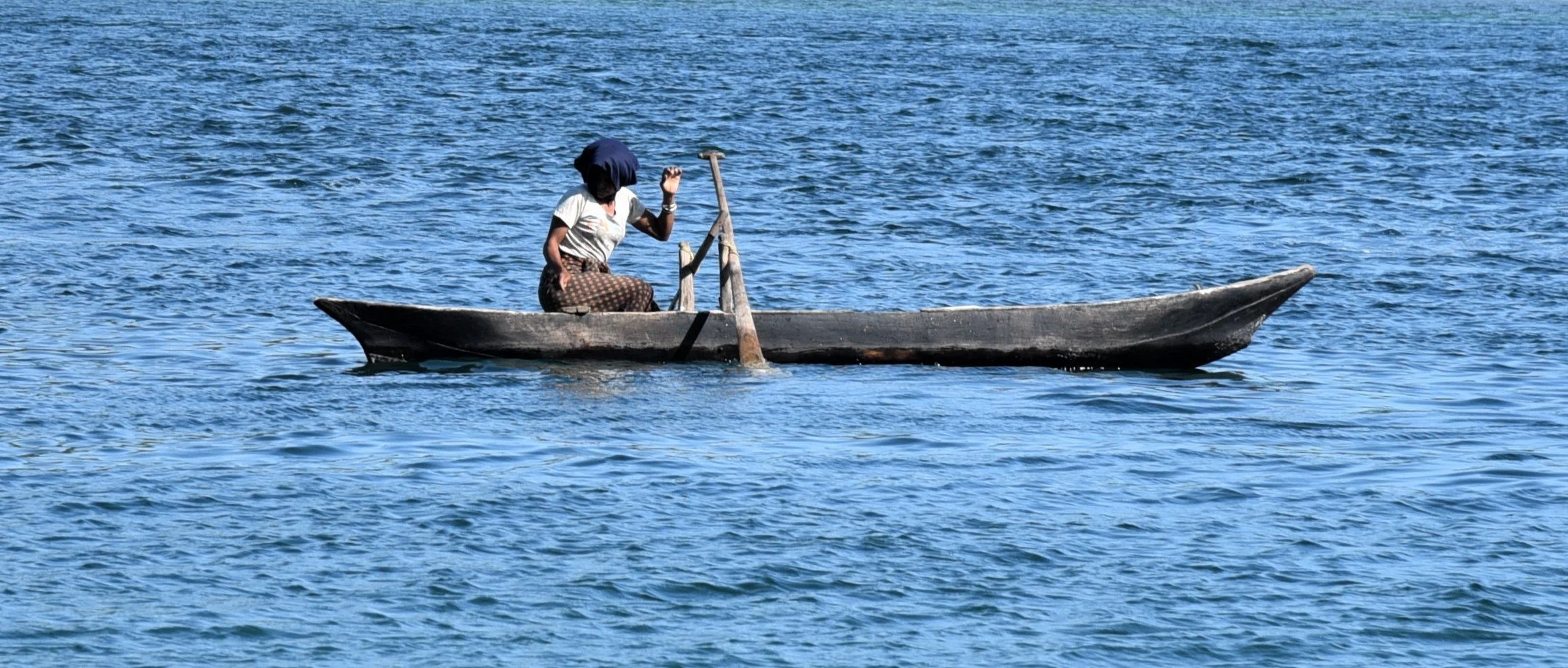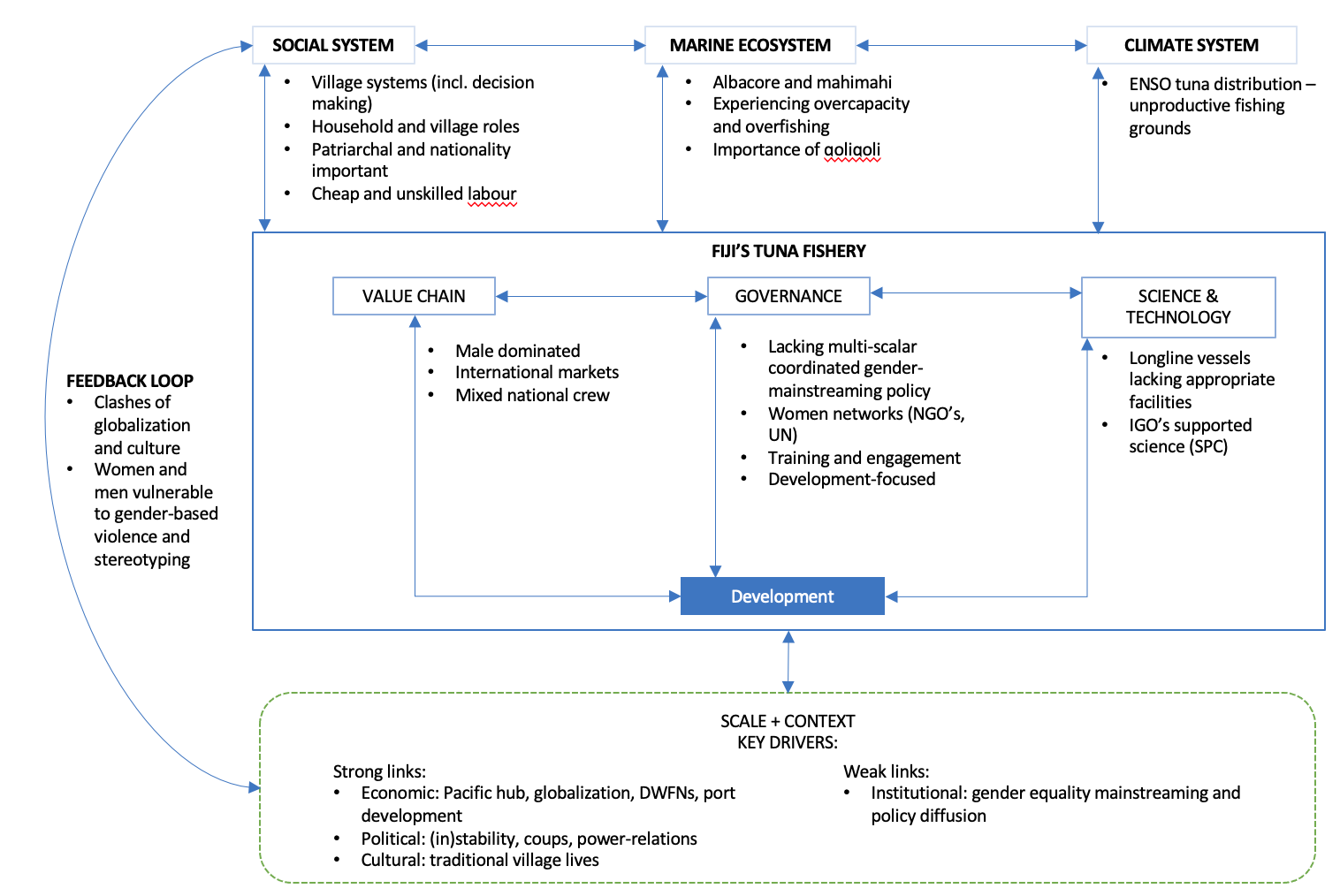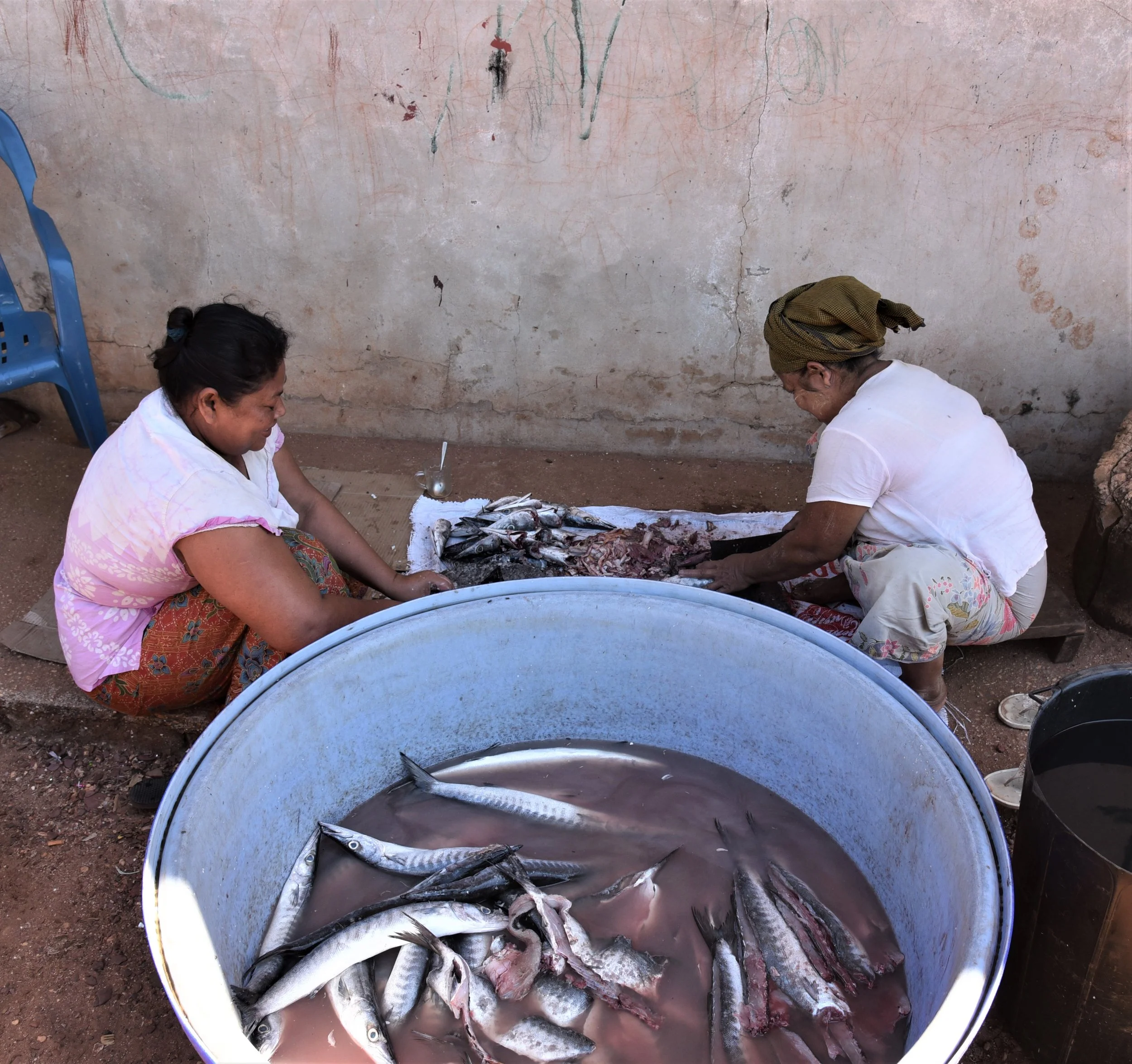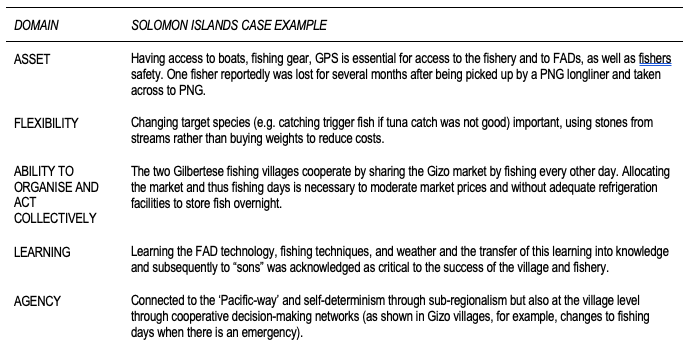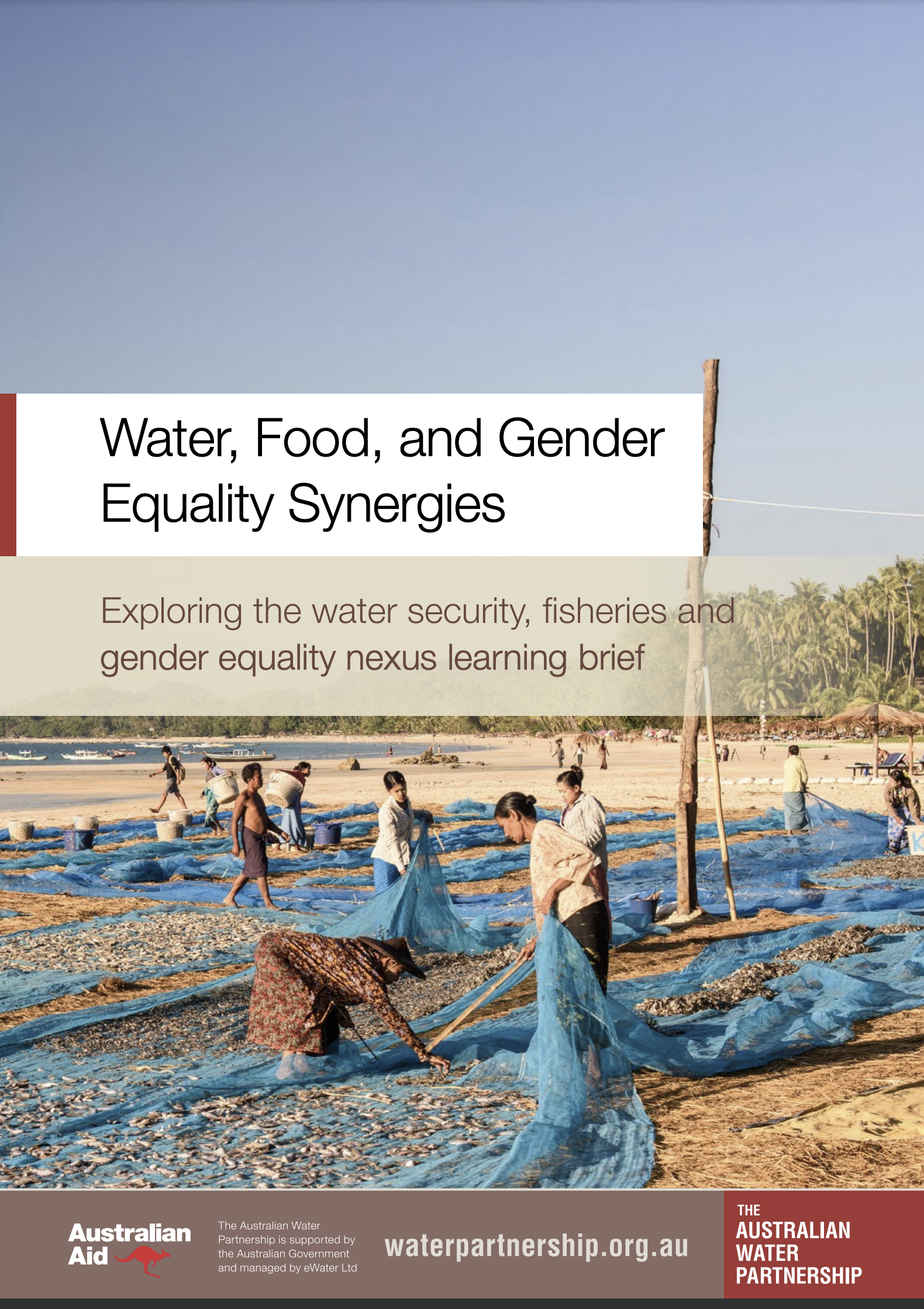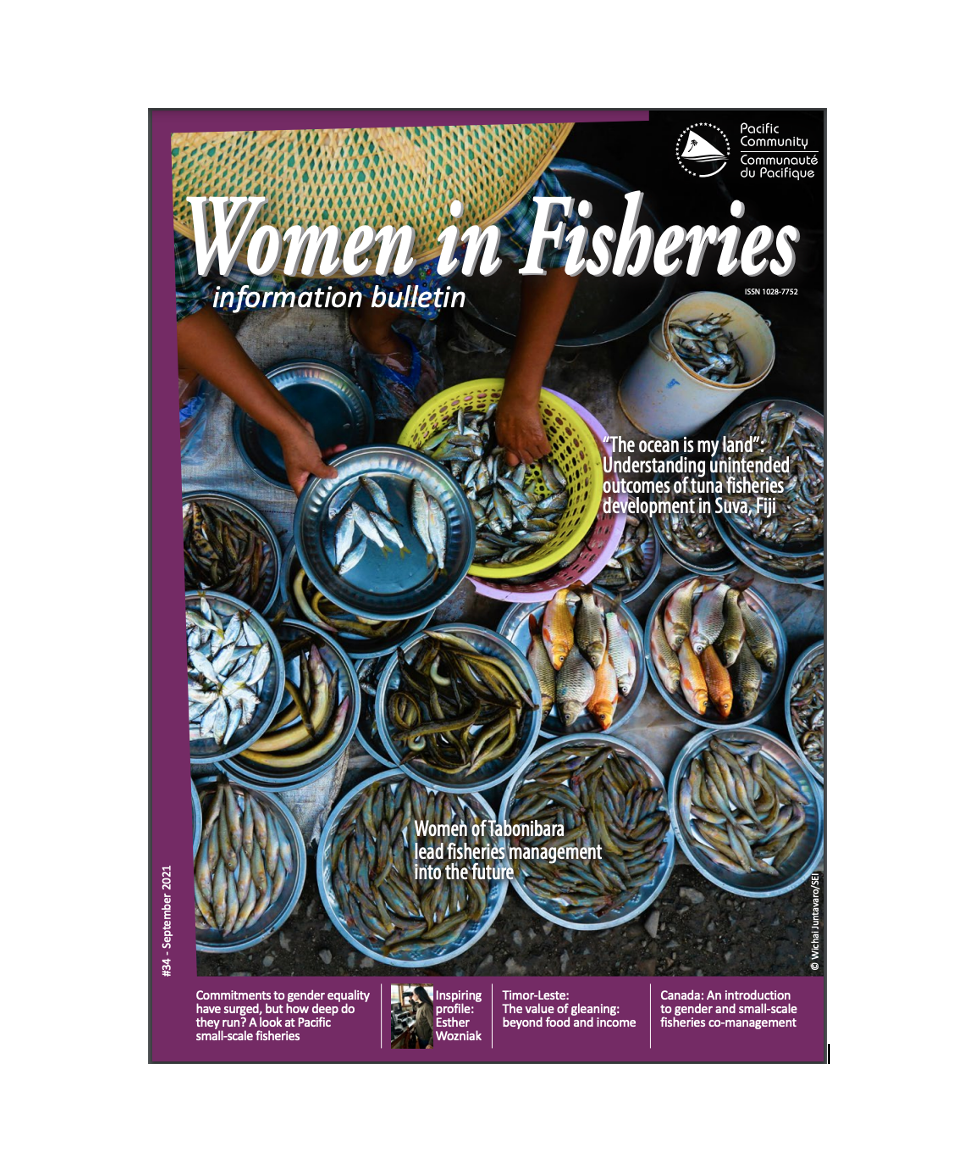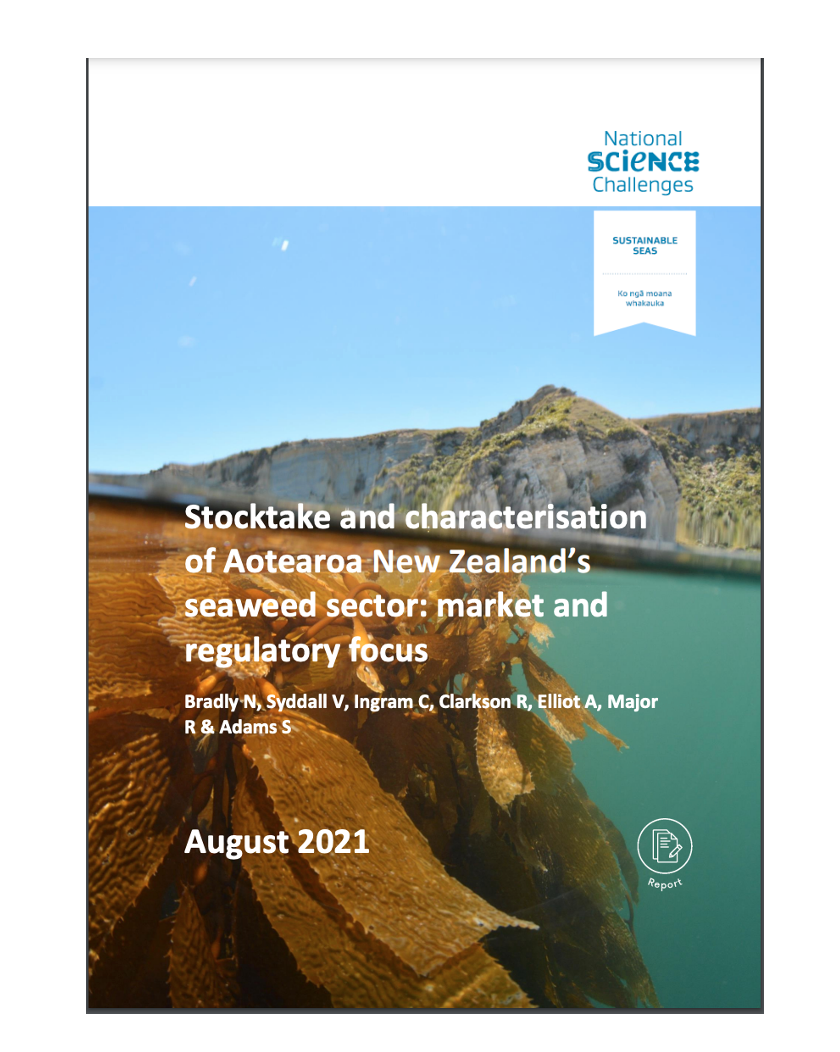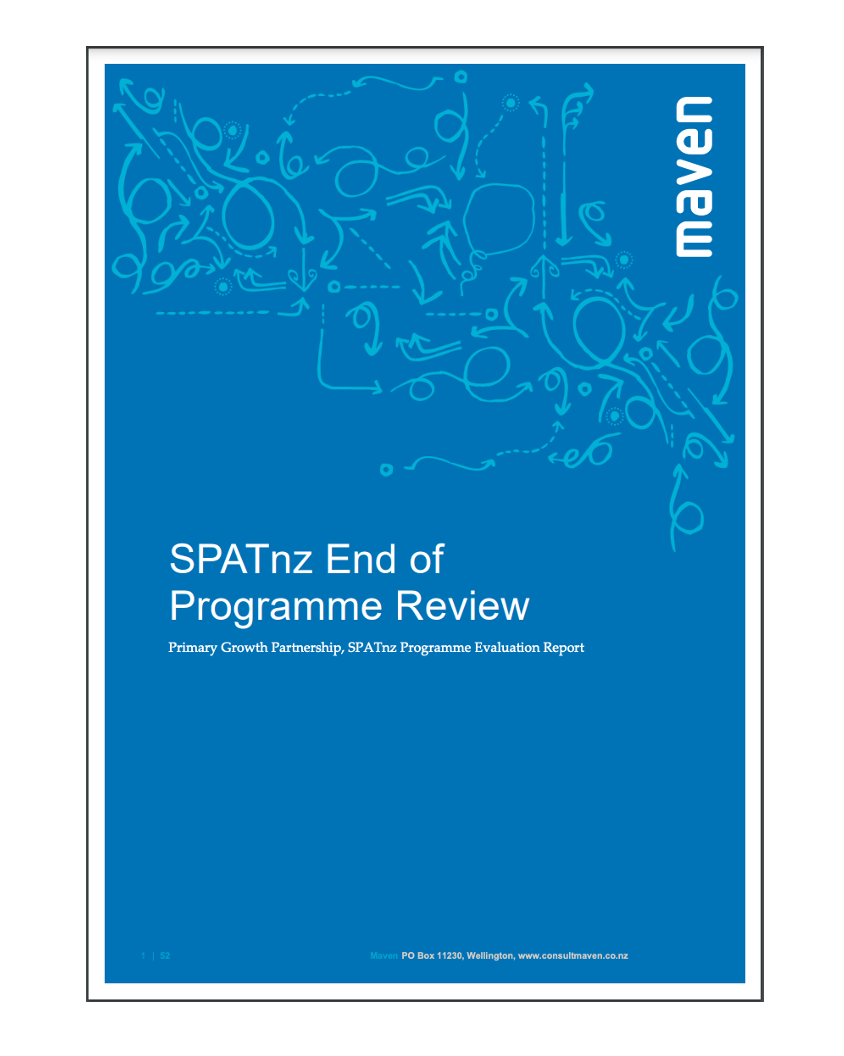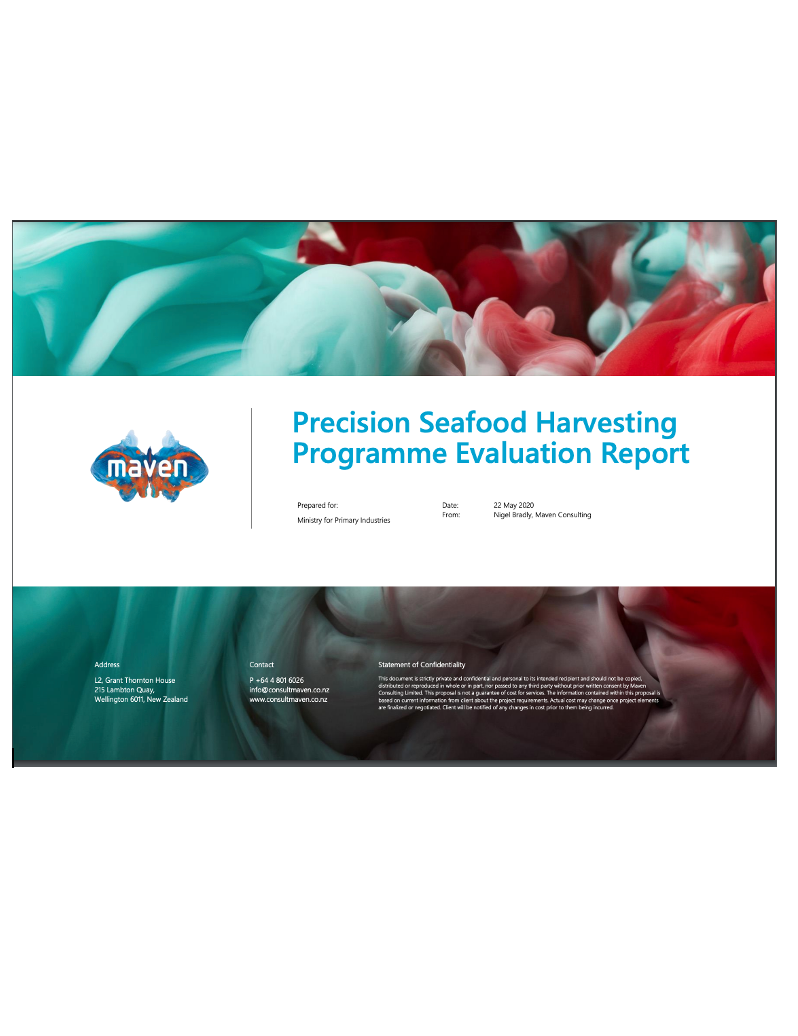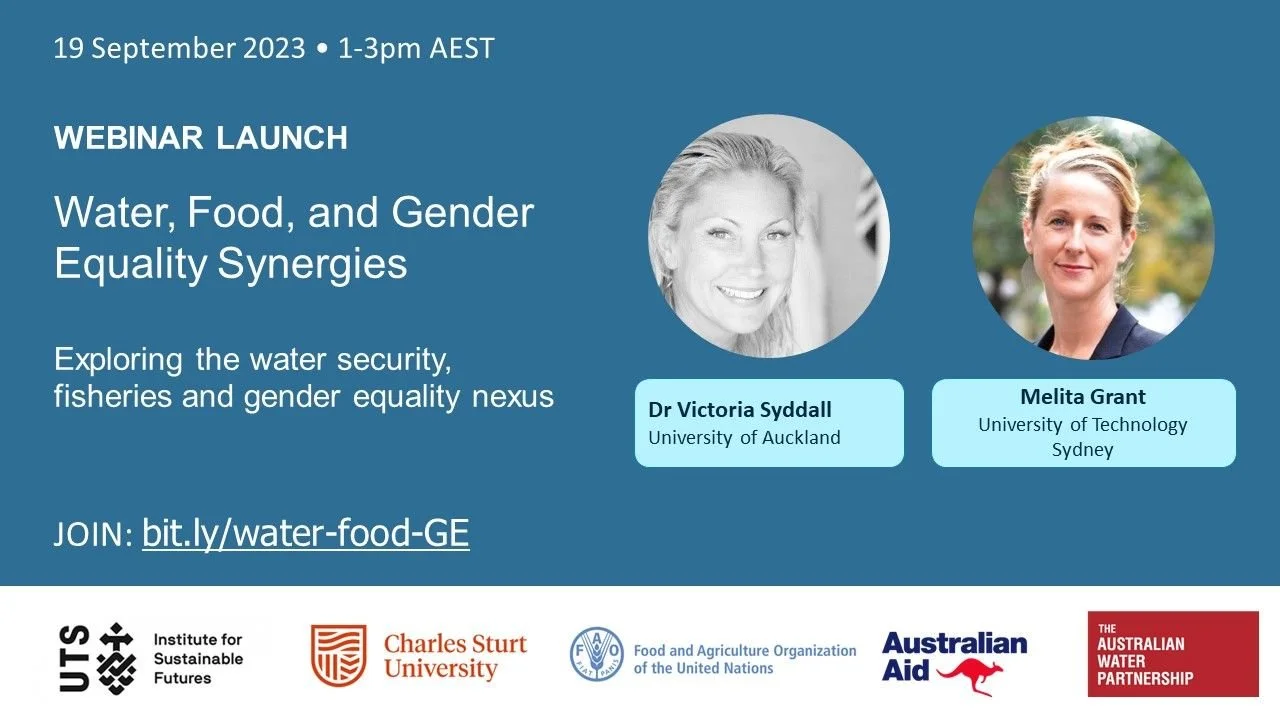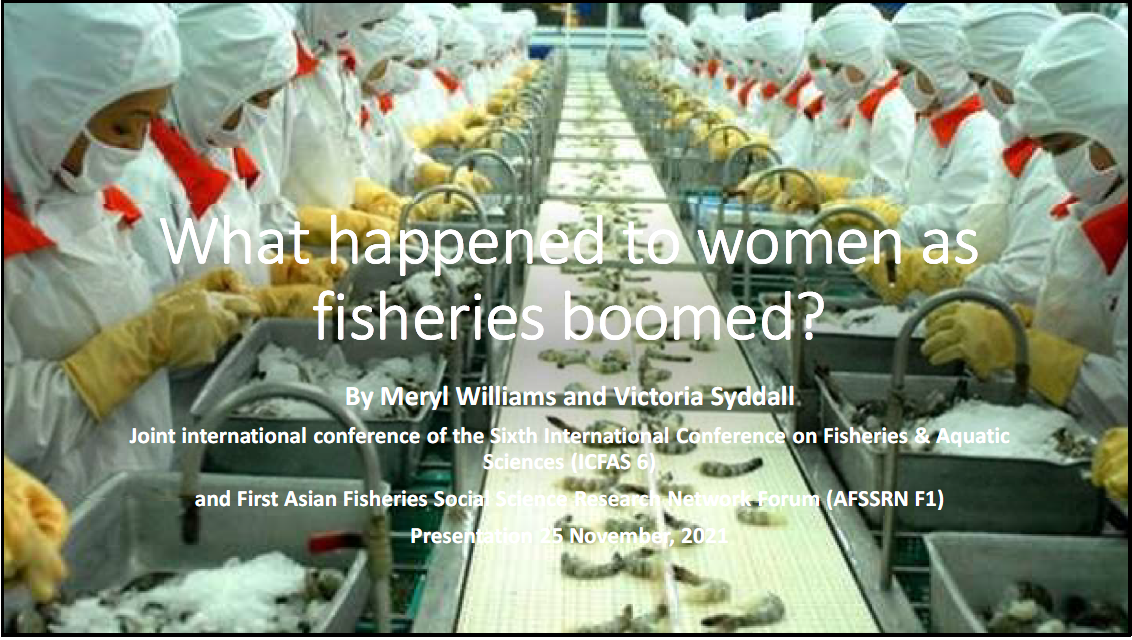
Environmental consultancy with particular expertise in marine science, fisheries management, and social-ecological systems
-

Social-ecological systems approach
Complex problems require requires a more integrated understanding of social-ecological systems (SES). Using our tested frameworks, we apply SES approaches to can reveal and make sense of complicated interactions and connections across ocean SES networks.
-

Gender equality
If gender equality and inclusion is not considered in oceans governance, unintended negative outcomes, particularly for minority groups and women, can occur. Gender equality and the advancement of women and gender-discriminated people is essential to progressing sustainable development.
-

environmental governance
Building resilience, achieving sustainability, requires multi-scalar collaborative approaches to governance across all levels from local to regional and beyond.
Publications
Moken lady trolling, WorldFish, Myanmar
Peer-reviewed journal articles, books, book chapters, reports for clients, webinars and presentations to communicate knowledge and science.
Scroll down for a list, summary, links, and more…
Upcoming articles & reports
-
Current research project
Research into masculinities and fisheries.
-
Book chapter
Climate change and gendered impacts of coastal communities
-
OceanPaths
Case study in Cook Islands
-
book
Women in Aquaculture and Fisheries
Published.
Peer-reviewed journal articles, books, book chapters
What does gender have to do with the price of tuna? Social‑ecological systems view of women, gender, and governance in Fiji’s tuna fishery
Syddall, VM, Fisher, K, Thrush, S. 2022.
Maritime Studies, 21(4): 447-463. https://doi.org/10.1007/s40152-022-00281-2.
Fiji’s Tuna Fishery Social-Ecological System
Tuna is women's business too: Applying a gender lens to four cases in the Western and Central Pacific
Barclay, K.M., Satapornvanit, A.N., Syddall, V.M., Williams, M.J., 2022.
A Gender Perspective on the Ability for Small-Scale Fishing Communities to Adapt to and Govern Climate Change Impacts
Syddall, VM & Fisher, K 2024.
Treatise on Estuarine and Coastal Science (Second Edition)
https://doi.org/10.1016/B978-0-323-90798-9.00125-6
Key Points
Fisheries provide essential livelihoods, cultural, and ecosystem services to communities, and economic and political security to nations and regions such as the Pacific.
Climate change is a threat for marine ecosystems and coastal communities, particularly for fisheries-dependent communities.
The chapter
Explores the relationship between climate change, fisheries and gender
Move beyond diagnosing ‘problems’ in a piecemeal or ad hoc way
Identifies what is already being done
Suggests areas and topics for future researcher and policy.
The literature reviewed and case studies provides an overview of the status of understanding, and governance issues requiring attention about, how climate change, gender, and fisheries interlinks.
There has been a tendency to treat communities as homogenous and to disregard how power relations and cultural norms within communities influence adaptive capacity and responses to climate change.
Women and men experience vulnerability, resilience, and adaptive capacity differently across fisheries’ SES’.
Development of climate change policy needs to consider gender to equitably redress rather entrench power imbalances.
There is a pressing call to address the root causes of gendered vulnerability by using a more nuanced approach that captures the multiple and intersecting social, climatic, and environmental pressures in coastal communities of the Pacific.
And more….
Williams, MJ, Syddall, V. 2022. Women, fisheries technology and development: toward new research approaches. Gender, Technology and Development, 26(3): 357-384, https://doi.org/10.1080/09718524.2022.2125456.
Syddall, V., Thrush, S., Fisher, K. 2021. Transdisciplinary analysis of Pacific tuna fisheries: A research framework for understanding and governing oceans as social-ecological systems. Marine Policy, 134, https://doi.org/10.1016/j.marpol.2021.104783.
Jollands, V., and Fisher, K. (2018). Don’t forget the fish! Transnational collaboration in governing tuna fisheries in the Pacific. In M. C. Dawson, C. Rosin, & N. Wald (Eds.), Global resource scarcity : catalyst for conflict or cooperation? (pp. 184-202). Routledge. https://doi.org/10.4324/9781315281612.
Collaboration a solution for small island developing states to address food security and economic development in the face of climate change
Syddall, VM, Fisher, K, Thrush, S. 2022.
SES Analysis using matrix to explore vulnerability (incl. adaptive capacity) and resilience of Solomon Island’s tuna fishery SES with a focus on collaboration, cooperation, and coordination
War Kyun makerel processing, Myanmar, WorldFish, 2023
reports and other
Past event
The webinar presented the publication Water, Food, and Gender Equality Synergies and shared the report findings, which delves into the intricate connections between water, food, and gender and outlines actionable insights for fostering inclusivity within fisheries and water management sectors. It provides in-depth research on women’s role in fisheries and explores the interconnections of water, food, and gender using case studies.
EVENTS
Past event
Presenting preliminary findings and exerts from our upcoming book on gender, fisheries, and aquaculture.
Past event
Presenting our perspectives on women in fisheries and aquaculture


